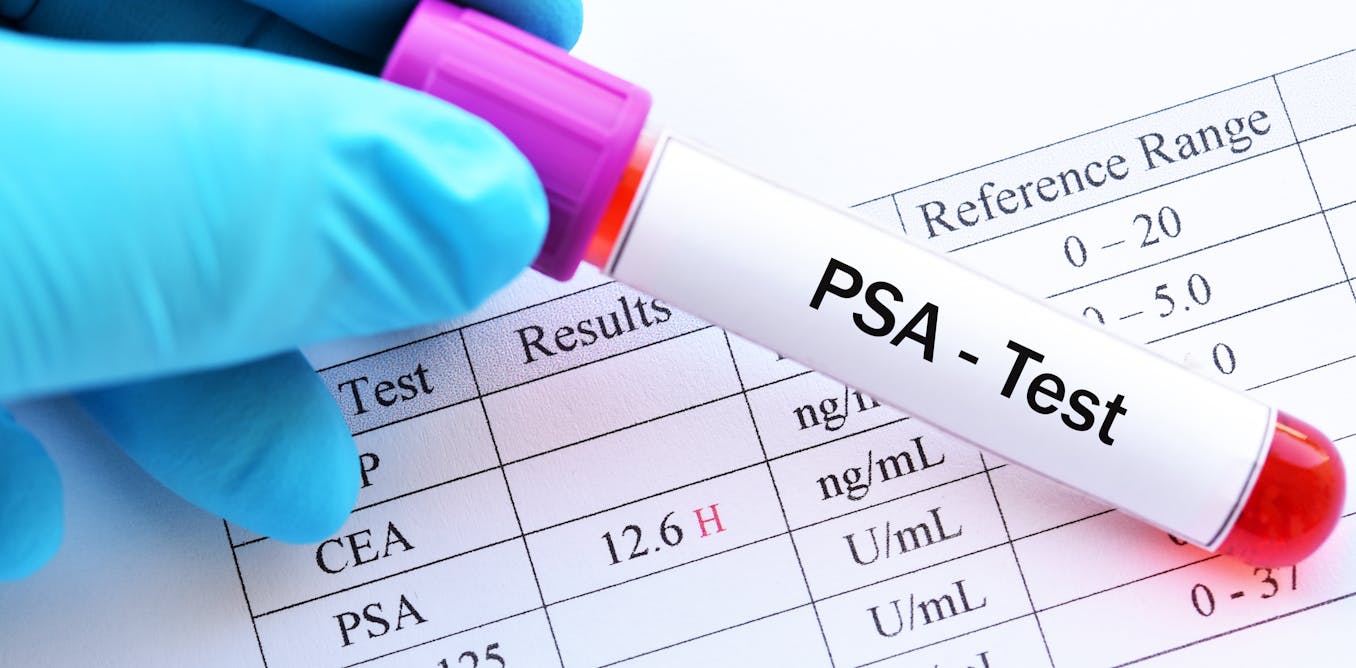A roster of high profile advocates, including sportsmen, actors, two previous prime ministers and over 100 MPs, have recently joined patient groups and charities in calling for a UK national prostate cancer screening programme.
However, the…

A roster of high profile advocates, including sportsmen, actors, two previous prime ministers and over 100 MPs, have recently joined patient groups and charities in calling for a UK national prostate cancer screening programme.
However, the…